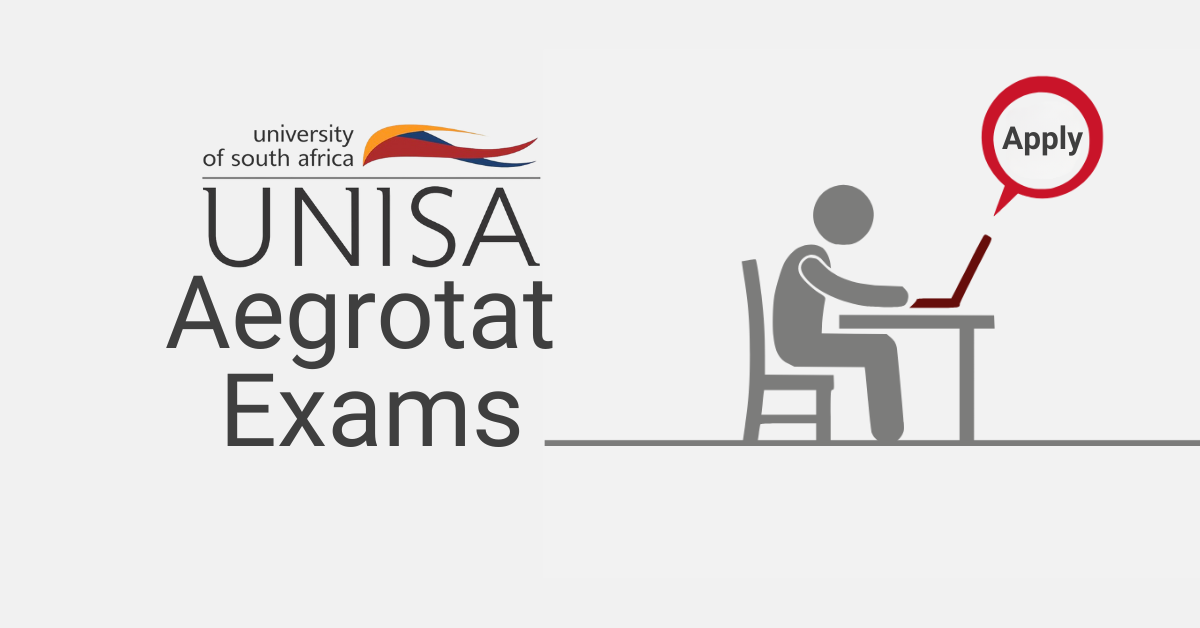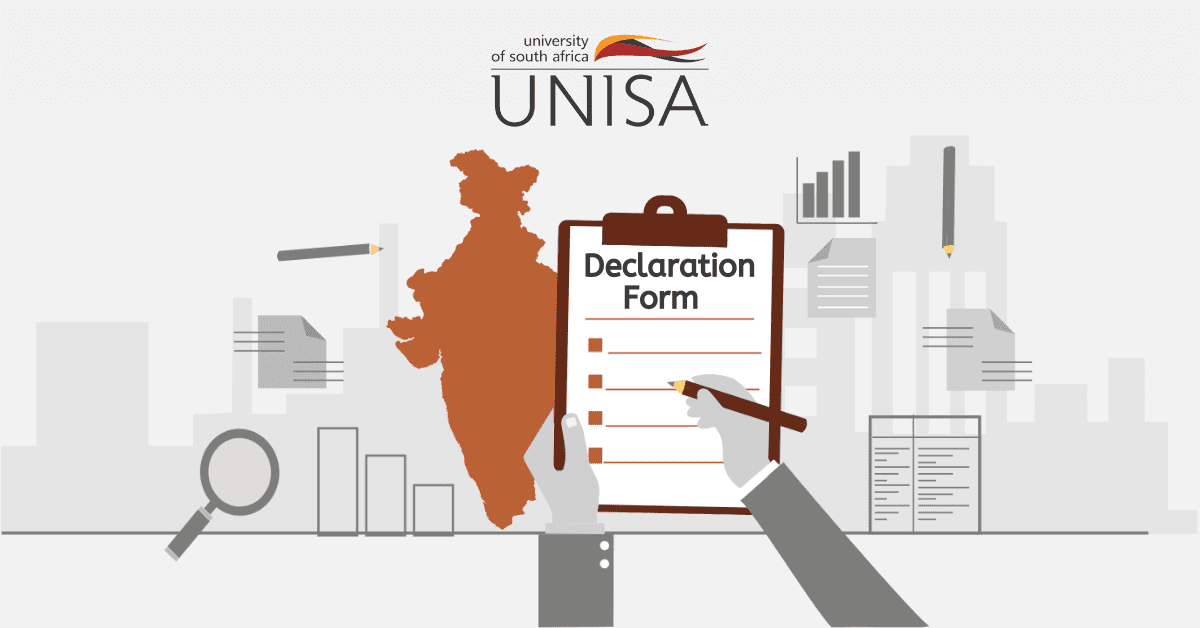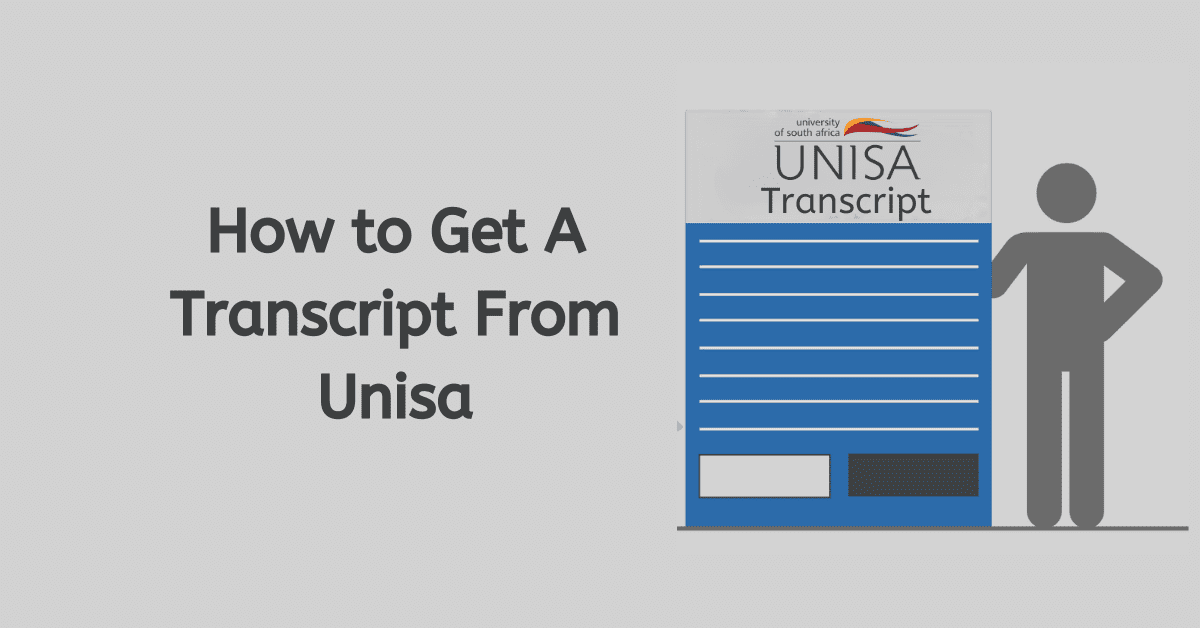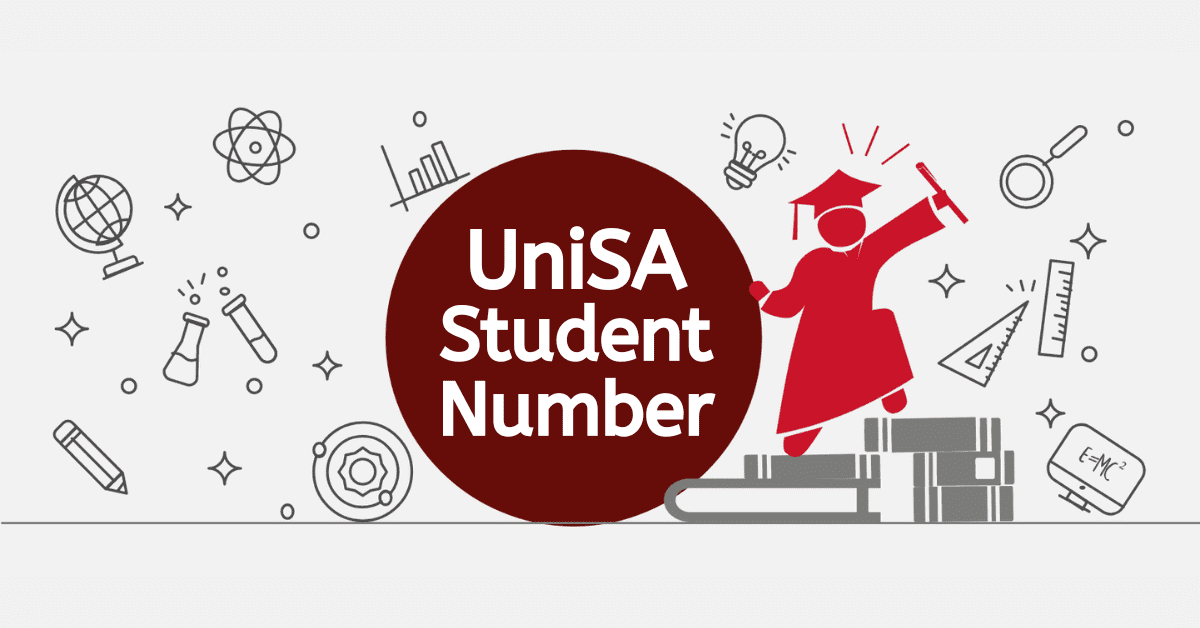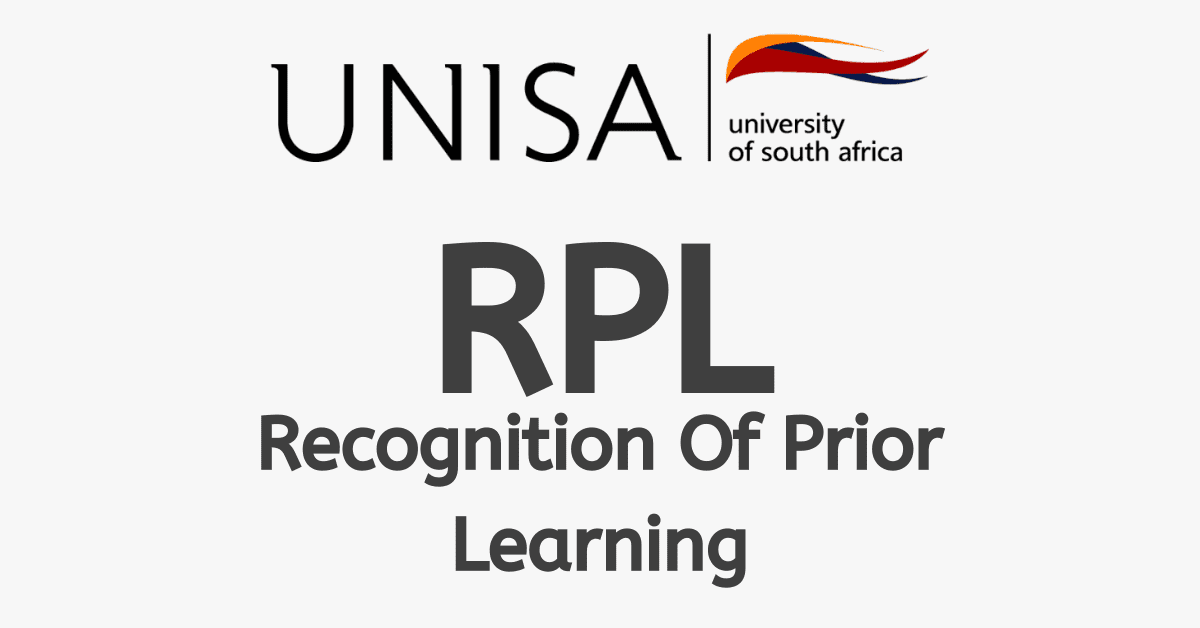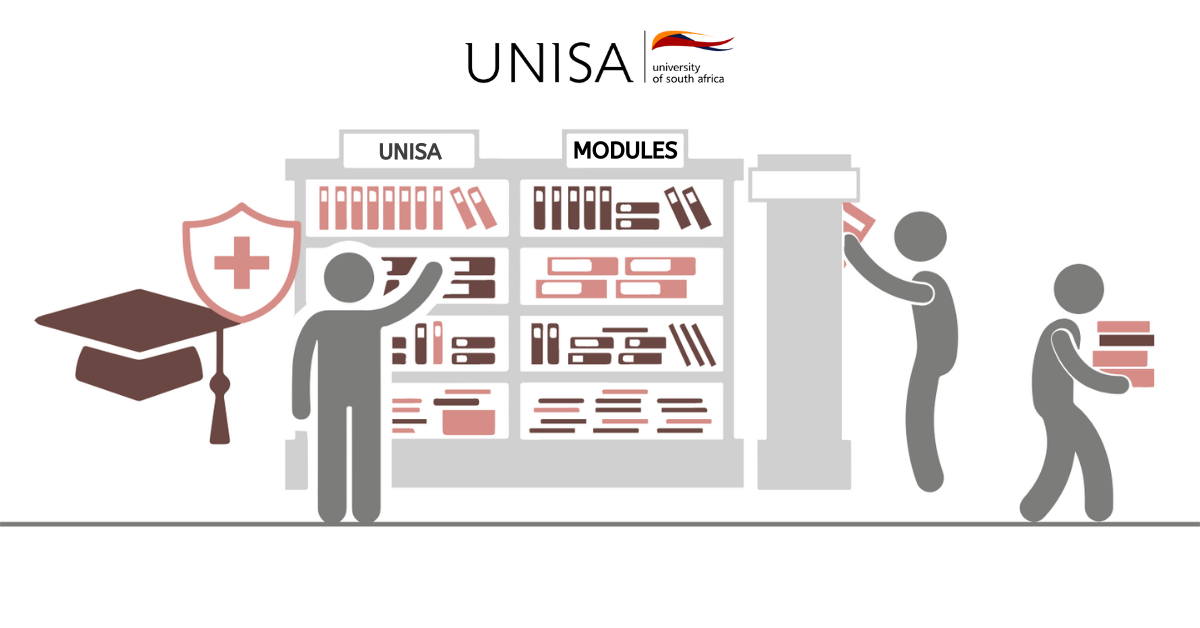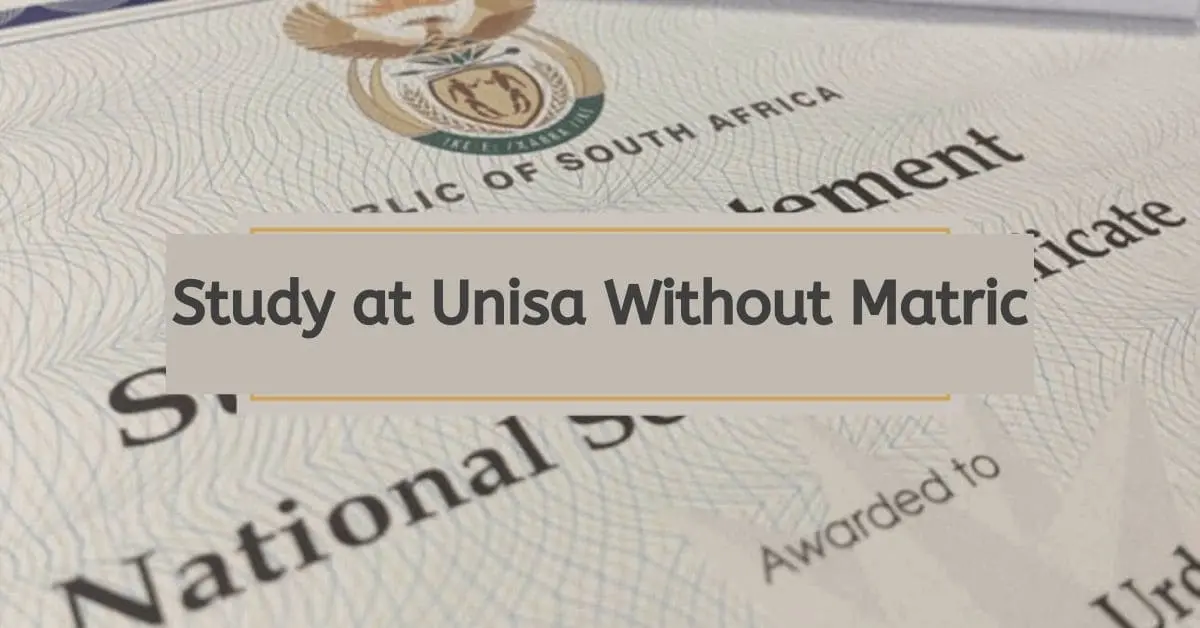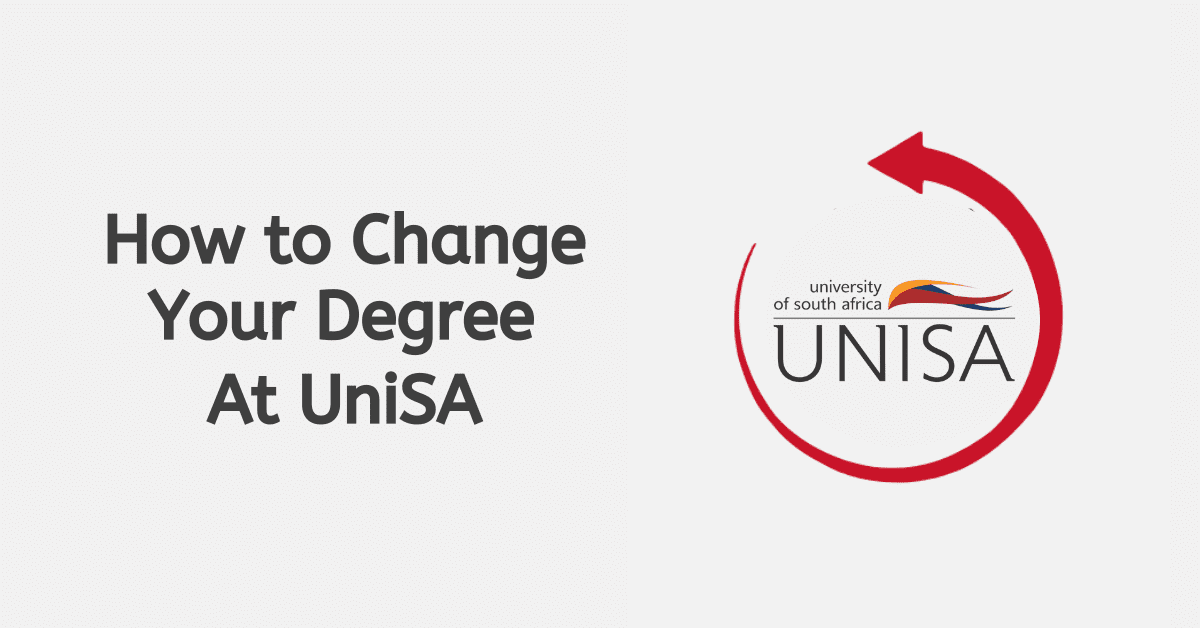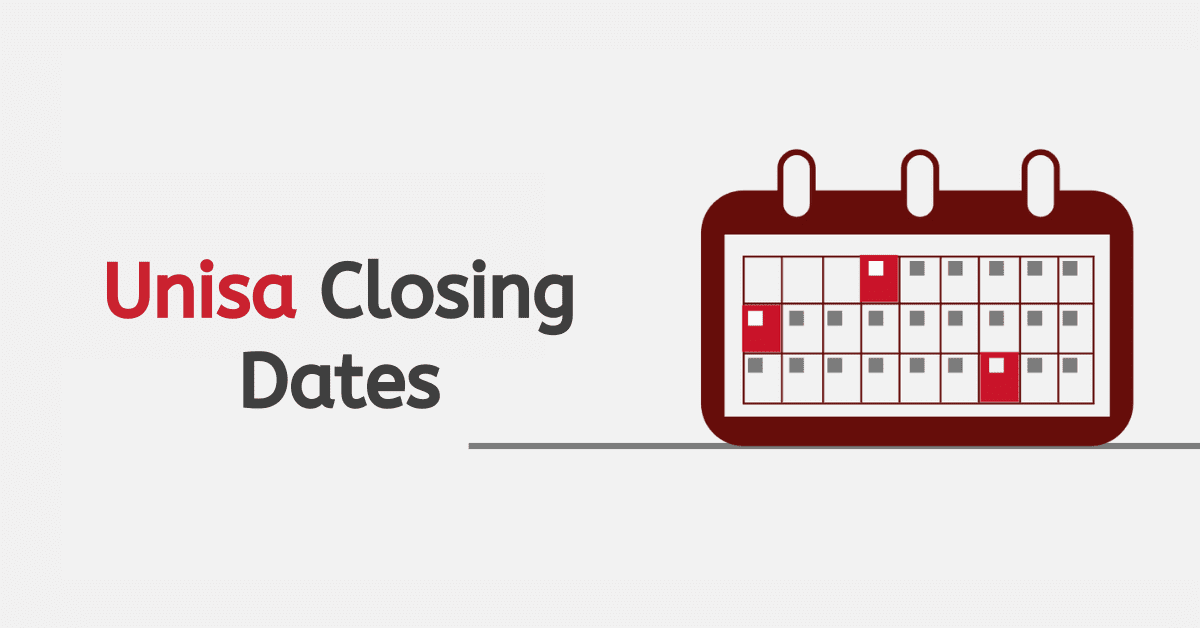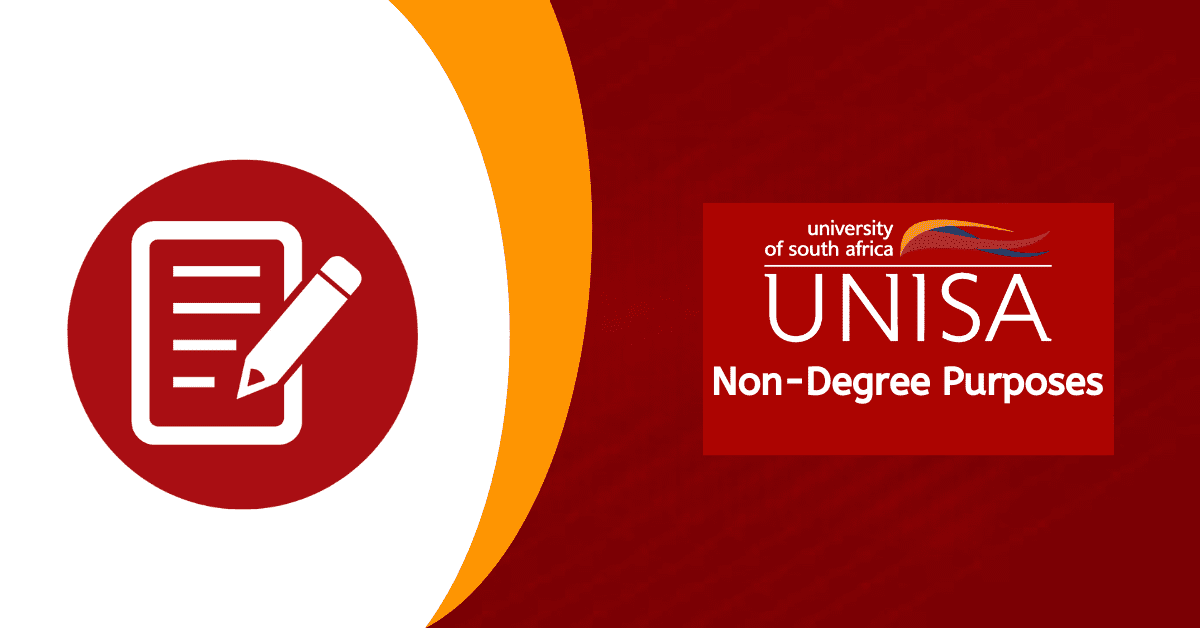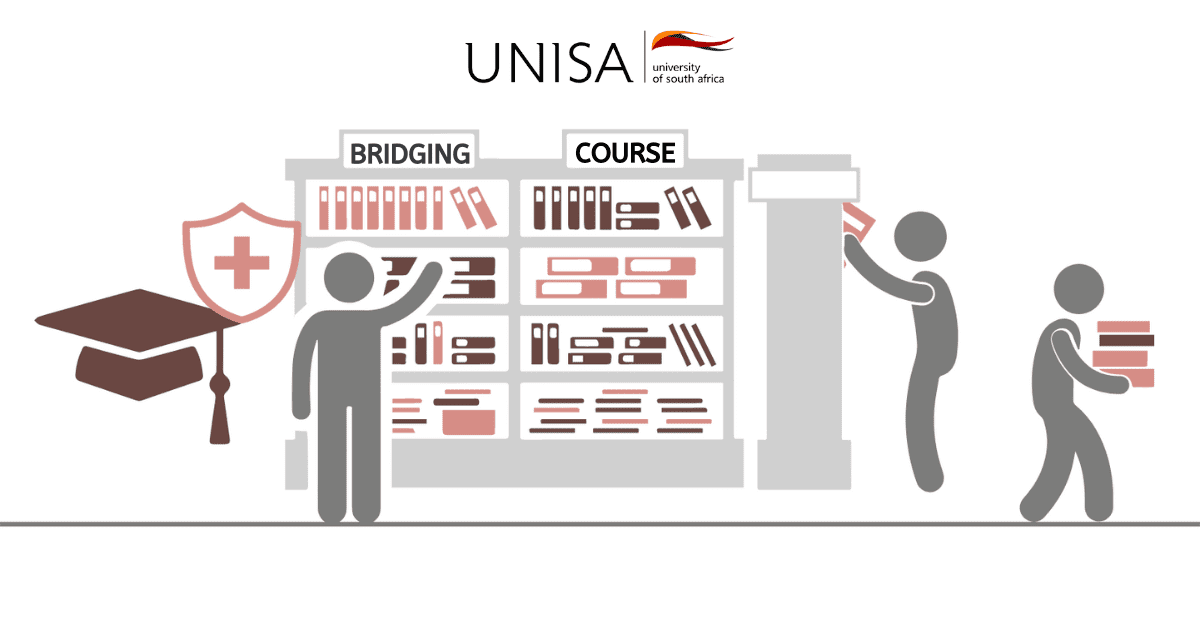When you are offered a place to study at the University of South Africa (UNISA), you should register first to be able to choose the modules you want to study. Although students cannot exceed the maximum number of modules required per semester, they can request additional modules if they want to reach the threshold. Check out the steps you can take to add modules to your program.
How to Add Additional Modules at Unisa
New applicants who have been offered a first-time placement at Unisa must first accept the offer to be able to register. Unisa can cancel your registration as it deems fit. During the first semester, students cannot register for modules that exceed the maximum five recommended by the university.
Returning students can use their myUnisa portal to add modules to their portfolios. You can do this by logging in to the myUnisa portal and choosing the myAdmin link. Click on the tab “Student Admin” and choose “Register Additional Modules.” This will allow you to choose the modules you want to add to your portfolio.
When Can I Add Additional Modules at Unisa?
If you want to add modules after registration, you can do this online. You must first log in to your myUnisa account and follow the prompts. You need to pay the required fee and ensure you do this before the closing date of the specific registration period. All requests for additional modules submitted after the deadline are not accepted. Check out the registration dates if you intend to top up your modules.
Can I add modules to the second semester at Unisa?
Unisa has only one registration period for the 2025 academic session, which runs from 9 June to 31 July 2025. Students can use this registration gap to register for semester one and semester two modules. Since there is a single registration, it is important to do your research first to make a meaningful decision.
You can register for a maximum of ten modules as recommended by Unisa and distribute them over the two semesters in the 2025 academic year. Students can only register for five modules per semester.
How Do I Register Failed Modules at Unisa?
All undergraduate students at Unisa are expected to pass the required modules to proceed to the next level. Poor academic performance can lead to exclusion. However, if you are not excluded but fail critical modules you need to pass at a lower level, you can register them when the registration period opens.
This usually means a repeat of the semester to register for the modules not offered at the next level. Check the university’s regulations regarding the registration of failed modules.
What Happens if You Fail 2 Modules in the First Year at Unisa?
Depending on the number of modules you have registered for in your first year, failing two modules might not be a big deal since this cannot stop you from proceeding to the second year. Students are expected to pass a minimum of 36 credits or three modules with 12 credits. This implies that if you pass one module in your first semester and manage to pass two modules during the second semester, you will have obtained the 36 credits required for the year.
As long as you score 36 credits during your first year, you can register for the second year. It is crucial to read Unisa’s readmission rules to be on the right side.
How Many Modules Do I Need to Pass Unisa?
Unisa courses are structured in such a way that each student must pass a certain number of modules per semester and each academic year to be able to graduate. If you fail to obtain the minimum credits required annually, you will not be able to re-register and continue with your studies during the next academic calendar. In short, you must have the following passes:
- In your first year of study at Unisa, you must get at least 36 NQF credits or three modules with 12 credits each.
- In your second year of study and further years, you should obtain at least 48 NQF credits for four modules, each worth 12 credits.
Additionally, Unisa does not allow students to exceed the maximum allowed number of modules when they register. The maximum number of credits allowed per semester is 60 NQF or five modules with 12 credits each. On the other hand, each student can obtain at least 120 NQF credits or 10 modules with 12 credits each per year.
Supplementary or aegrotat exams from the previous semester do not contribute toward the maximum number of modules you can undertake during a particular semester. Modules taken from non-degree programs contribute to the maximum number of credits you may have.
When you choose your modules, be sure to consider the time you have to focus on your studies. Time management can significantly impact your academic performance. To succeed in your course, you must have at least six to eight hours per week to focus on your semester modules. For year modules, you need about four to six hours per week.
When you register for your course at Unisa, you can choose the modules you want per semester and year. If you want additional modules, you should use the myUnisa portal and make sure you do so before the registration deadline. Remember, Unisa has a policy that outlines the maximum number of modules one can study per semester.

